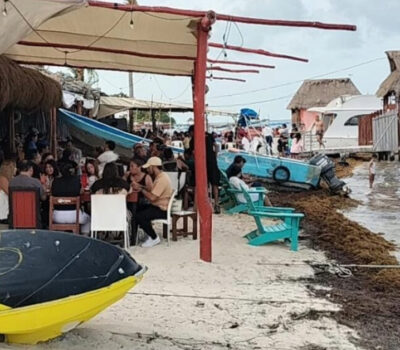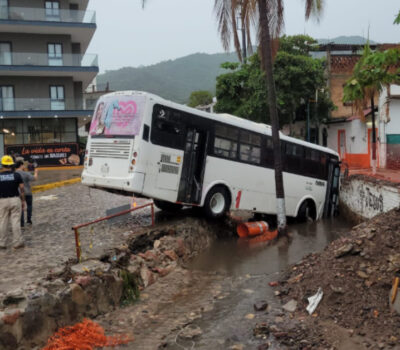Mexico adopted the UN a political declaration in which, together with the international community, to end the HIV-AIDS threat to public health in the world by 2030.
The declaration sets out a number of specific targets for 2020, in order to eradicate the AIDS epidemic in the framework of the implementation of Sustainable Development Goals (ODS) adopted last September by the UN.
Secretary of Health in Mexico, Jose Narro Robles, said in his speech at the General Assembly that the world has made remarkable progress over the past two decades, converting this disease into a chronic syndrome and increase the quality of life of those who have the virus.
Now “there is a real possibility of stopping the epidemic of this disease by 2030. This will only be achieved if the effort is maintained, if the strengthening of actions that have shown the greatest impact is accelerating, “he said.
He stressed that it’s necessary to avoid discriminating against the most affected populations: men who have sex with men, transgender people, sex workers and injecting drug users.
He also said it is imperative to eliminate rules that favor discrimination.
In an interview after his speech Notimex, Narro said that Mexico will focus particularly on young people because people aged 15 to 29 account for the majority of new infections.
Narro noted that the challenge for Mexico is to identify those with the disease, especially in populations that are not traditionally most at risk, and who are often unaware that they are carriers of the human immunodeficiency virus (HIV).
“In Mexico, one out of three people with the infection are unaware of their status, do not we have identified and no diagnosis” he revealed.
The official summed up Mexico’s plan as 90-90-90, which refers to count in the coming years with diagnoses for 90 percent of the population, 90 percent of those affected have treatment and 90 percent have viral suppression.
The official accepted the challenge to achieve these goals is to budget for the costs of diagnostics and treatments to people with the virus. HIV medications and treatment are offered for free in the country to those who are infected with the virus.
According to the commitment of the UN, the international community committed itself to reducing HIV transmissions from the 2.1 million reported in 2015 to less than 500,000 by 2020.
Also, the international community pledged to reduce the number of people who die each year from AIDS-related 1.1 million in 2015 to less than 500,000 in 2020.
Michel Sidibe, UNAIDS Executive Director said that the world now has the opportunity to end the epidemic that has defined public health for a generation.
“The commitment of zero new HIV infections, zero AIDS-related deaths and zero discrimination will provide a springboard for the implementation of a socially just, innovative and evidence based to end the AIDS epidemic by 2030 agenda”, Sidibé said .
NTX / I / MZG / RMB /
Mexico adopted the UN a political declaration in which, together with the international community, to end the HIV-AIDS threat to public health in the . . .












